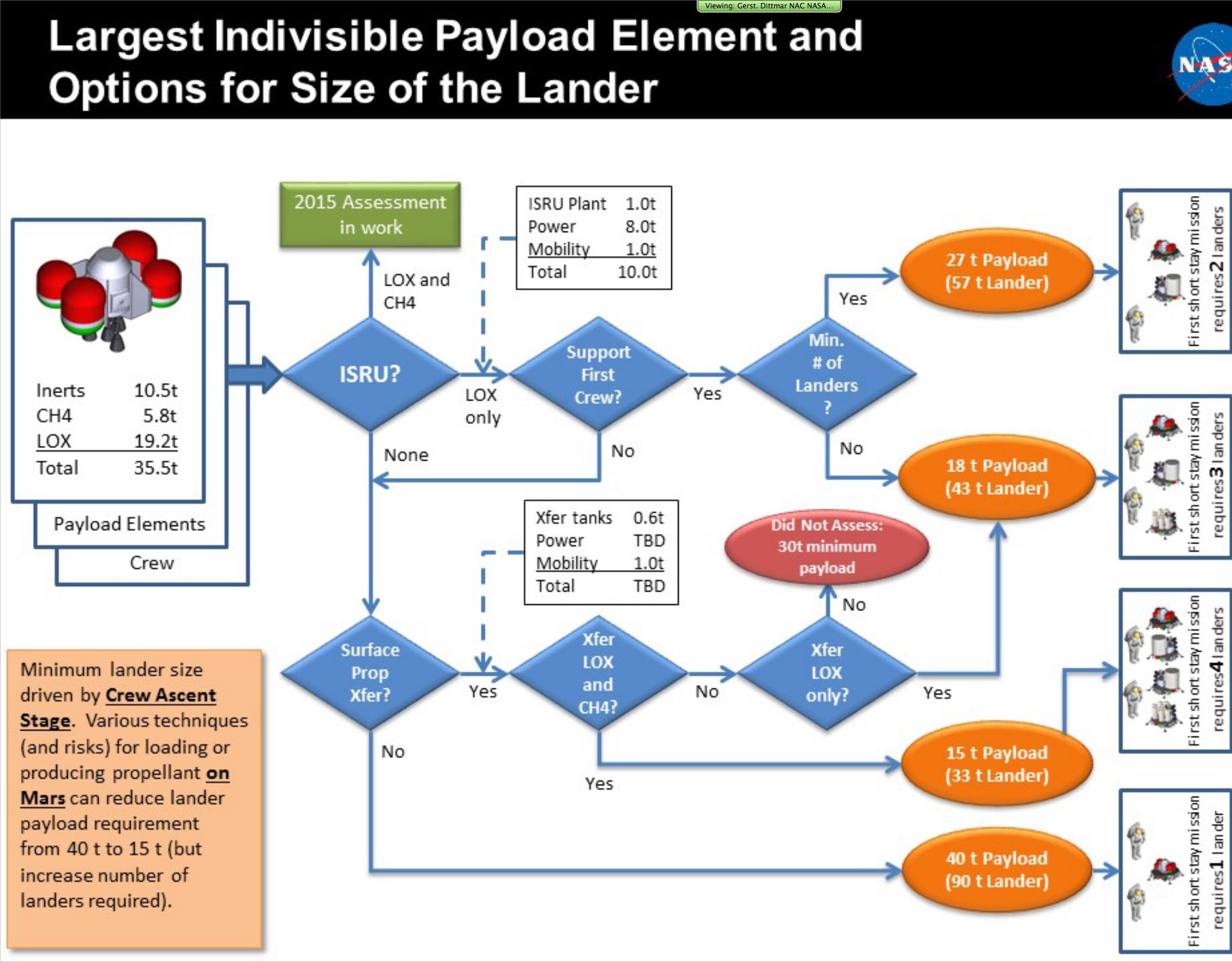There’s a new one out today, with an urgent ITAR-related action:
The deadline for public comments on the US State Department’s proposed ITAR arms-export rules changes is this coming Sunday, August 2nd. As you may recall, we see a serious problem with one of these proposed changes. The definition of “public domain” information (discussion or publication of which is exempt from ITAR restrictions) would be changed from all information that has been “published”, to only information that has been “published” with specific authorization from the US government.
We think this is overly broad, with potential for arbitrary prosecution of anyone publicly discussing even routine aspects of space (and many other “dual-use”) technologies, with the burden of proof that something meets this new narrower definition of “published” on the accused. What’s that you say? They’d never do that unless they were really mad at you? Our point precisely. We think that this would have a massively chilling effect on US public discussion of a wide range of technologies, with end result of retarding the very technological advances ITAR seeks to protect.
If this could conceivably affect you, get your comment in by Sunday. See Space Access Update #142 for details on how to submit comments.
There are some other interesting items, including this evergreen advice, at least when it comes to space policy:
Recently we’ve seen the increasingly bitter partisan divisions affecting many US political issues creeping into the conversation over our future in space. This is potentially hugely harmful to our coalition and to our cause.
Much of what we’ve accomplished together so far is because both space issues and our coalition tend to cut right across the usual party lines. This is more than a little unusual in national politics these days, and it gets noticed. It is a big part of why we’ve won as much reform as we have to date, and why, if we work hard and stick together over the next few years, we have a decent chance at far bigger wins.
Every time one of us spouts off about how those damned other-party extremists are screwing things up out of their boneheaded disregard for the nation’s future in space, it increases the risk of our coalition fracturing, and of all the good we’ve done so far (and hope to do soon) going down the drain. Our recommendation: Don’t do it.
Practical coalition-maintenance aside (not to mention simple courtesy among allies), blaming current space problems on party is overly simplistic and an incorrect reading of actual motivations.
One recent example we’ve seen too often: “This Republican Congress is trying to kill Commercial Crew in favor of the no-bid pork-barrel unaffordable SLS.” No, it’s a regional pork coalition within Congress trying to do that – one that happens to be largely (far from wholly) Republican because that’s what party much of that region happens to be electing lately. One leading member of that coalition, Senator Shelby of Alabama, in fact executed a well-timed party switch in 1994. (Another, Representative Brooks of Huntsville, benefited from a poorly-timed party switch by his predecessor, beating him in a 2010 primary.)
And then there’s the SLS coalition response: “This Democratic White House shut down NASA human spaceflight.” No, they carried through a decision already made for good and sufficient reasons under the previous Republican White House, retiring Shuttle. They also (partially) implemented the recommendation of the nonpartisan Augustine commission to mercy-kill the out-of-control Constellation program. They’ve also championed the highly successful public-private Commercial Cargo and (so-far successful) Commercial Crew program, examples of a radical new approach that is in our view the main future hope of US human spaceflight. An approach which was, by the way, conceived under the previous Republican White House.
Trust us. Party affiliation is poor ground to fight the SLS-industrial complex on. They’re already trying to wrap their white elephant in the Republican banner. Helping them provoke the entire party to view that regional-pork rocket-to-nowhere project as a partisan issue to rally ’round is a BAD idea.
From whatever side, attack the policy, not the party, and we’ll end up with a much better chance of all of us winning.
Yes. Anyone who thinks that either party has a monopoly on stupidity when it comes to space policy hasn’t been paying attention. It’s been a mess on a bipartisan basis for decades.
[Update a while later]
As an example of the above, the bipartisan AL/CO congressional delegation’s war on SpaceX continues:
A bipartisan group of 14 U.S. representatives sent a letter saying they have “serious reservations” about SpaceX’s internal investigation process and question whether the “engineering rigor applied will be sufficient to prevent future military launch mishaps.”
“We are committed to our nation’s leadership in space, but equally believe we must be responsible stewards of taxpayer dollars when it comes to achieving our priorities and goals for spaceflight,” reads the letter to NASA administrator Charles Bolden and Air Force secretary Deborah James.
The panel asked Bolden and James to outline the oversight responsibilities of NASA and the Air Force, however, some questions raised in the letter have already been addressed in other arenas.
On May 28, SpaceX was certified by the Air Force to carry military payloads to space, offering competition to Centennial-based United Launch Alliance for the first time in more than a decade.
The letter’s signators include Colorado’s four Republican congressmen — Ken Buck, Mike Coffman, Doug Lamborn and Scott Tipton— and five members from Alabama, where ULA’s rockets are built.
Oh, surely it’s just a coincidence that they’re the congresspeople from ULA.

